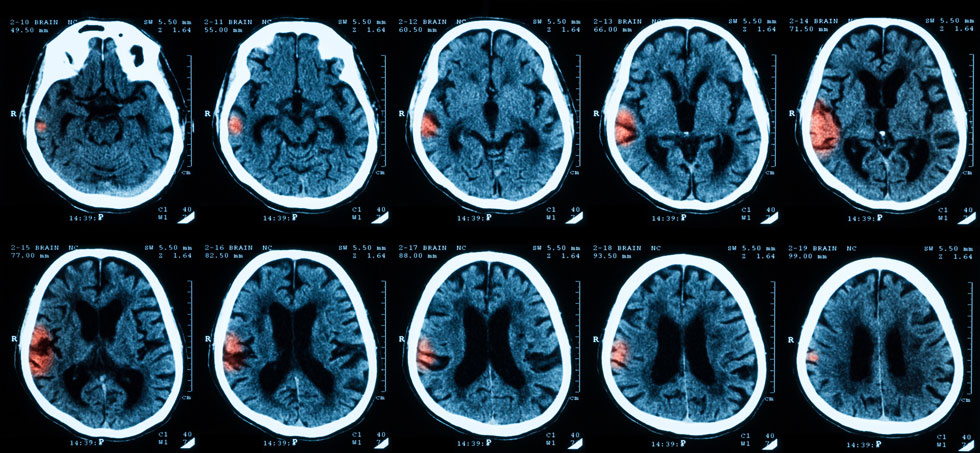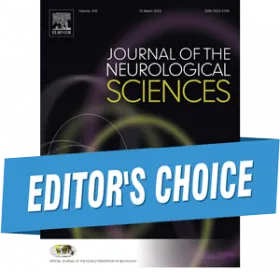Effect of asymptomatic intracranial hemorrhage after mechanical thrombectomy on clinical outcome [JNS457 Editor's Choice]
24 Feb 2024

Image: iStockphoto.com/NicoElNino
Authors: Kentaro Suzuki, Takehiro Katano,Shinichiro Numao, Yuji Nishi, Akihito Kutsuna, Takuya Kanamaru, Tomonari Saito, Junya Aoki, Yasuhiro Nishiyama, Kazumi Kimura
Editor's Choice
Journal of the Neurological Sciences. REVIEW ARTICLE| VOLUME 457, 122868, FEBRUARY 15, 2024
DOI: https://doi.org/10.1016/j.jns.2024.122868
Highlights
- Among 349 ischemic stroke patients treated by MT, 103 (30%) patients had ICH (20 symptomatic and 83 asymptomatic).
- A high NIHSS score and low ASPECTS were independent risk factors for ICH.
- Asymptomatic ICH was associated with poor clinical outcome at 90 days after stroke onset.
Whether asymptomatic intracranial hemorrhage (ICH) affects the clinical outcomes in patients with acute large vessel occlusion treated with mechanical thrombectomy (MT) remains unclear. This study aimed to address this uncertainty.
Asymptomatic ICH was defined as ICH without symptomatic ICH defined by the SITS-MOST criteria. A favorable outcome was defined as an mRS score ≤ 2 at 90 days after stroke onset.
Web design by Tribal Systems








